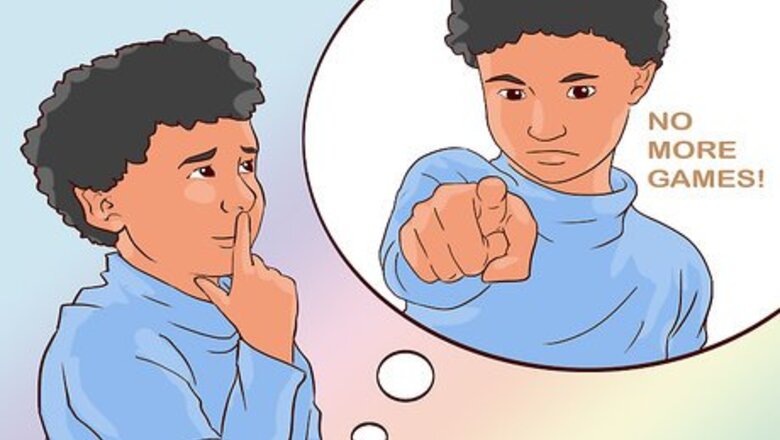
views
What is video game addiction?
Gaming addiction occurs when play habits interfere with someone's life. The addiction usually happens with internet-based games but can occur with any electronic device. The player can’t control how much time they spend on the game, meaning their lifestyle becomes unhealthy, and they fall behind in self-care, relationships, school and work. Common symptoms include: Poor performance at school, work or household responsibilities as a result of excessive video game playing Sadness, anxiety or irritability when games are taken away or gaming isn’t possible Giving up other activities or social relationships for gaming Lying to family members or others about the amount of time spent playing video games A decline in personal hygiene or grooming due to excessive video gaming Using video games to relieve negative moods, such as guilt or hopelessness
Overcoming Addiction
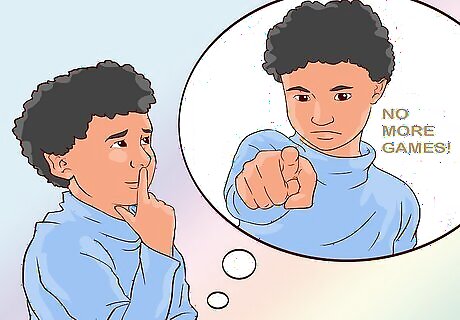
Accept responsibility. The problem lies within the individual, not within the game. No attempt at beating 'addiction' can succeed until the individual accepts its existence. The first step is realizing there's a problem and deciding that the place you're in, is not working for you. It is not the existence of video games, nor the content of games, but the person who chooses to play them. Video game is habit-forming, you must consciously decide to end the practice. Know that playing video games is not an addiction until you let it take over your life; so much so that you become dysfunctional. If you are unable to complete daily routine activities, then it's time to sit down and make conscious choices.
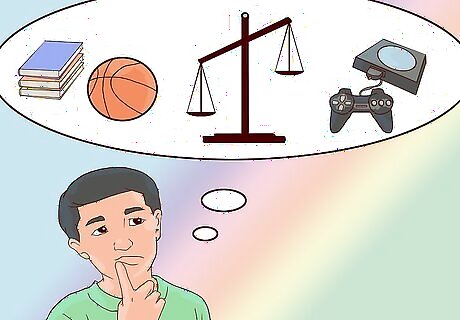
Identify the impact. How many hours a day do you spend playing games? Do you normally go out on the weekend? When was the last time you read a book? Identifying the negative impacts of the addiction will help you focus on positive improvements and getting back the things that you are really missing.
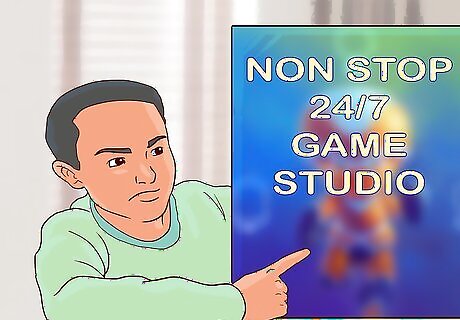
Avoid blame. Blaming others for problems that you alone must face does not solve the problems. The 'gaming industry' or manufacturers are not the cause of this problem, and blaming them does not make the problem better. The vast, extreme majority of 'gamers' are healthy individuals, accepting responsibility is the first step. Also, do not make excuses, take responsibility.
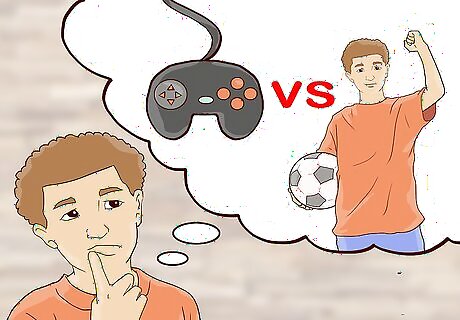
Stay positive. While it is important to identify the negative aspects of the problem, it is also important to focus on the goal and progress that you have made.
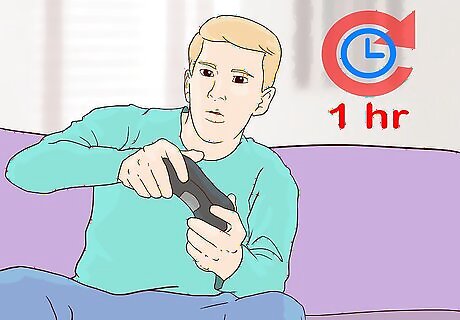
Set limits. Set a certain time amount of time each day when you allow yourself to play. If you decide that you have one hour per day to spend playing games, stick to that and choose your games accordingly. If you are playing a game that requires many hours of gameplay between saves, or which is an open-ended game like many MMOs, you likely should consider a different game or different genre of games. Set a reminder on your phone to alert you when to start and stop playing. If you find yourself unable to stop when the notification is up, it is a sign that you should quit playing completely.
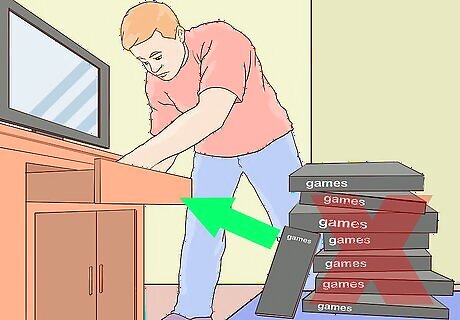
Look into your drawer of CDs. Are there more than 5 games that you have played in the last two months? Are these games open-ended (like Civilization, World of Warcraft, or Evil Genius)? This could be a warning sign.
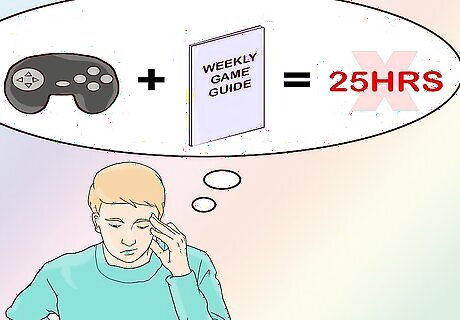
Add up the total hours played per week. This includes time spent reading walk-throughs and watching videos, or discussing games in real life. If this number is over 25, then there may be a problem.
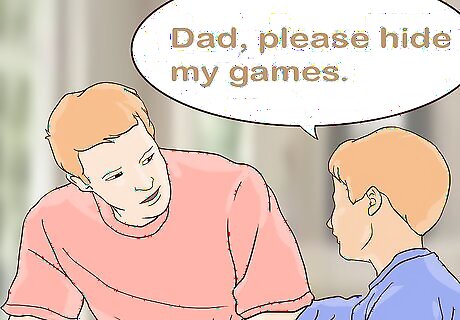
Request that your parents put you on a strict time limit for computer playing. There are freeware programs available for download that can help with this. Playing hide-and-go-seek with your parents (hiding your games) is an effective way to minimize gaming overall.
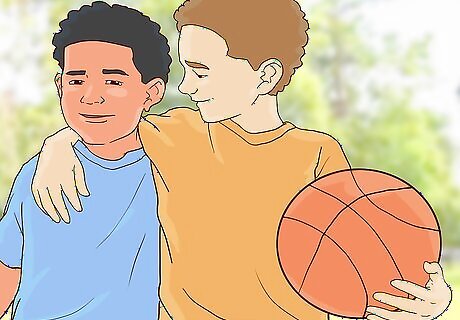
Find something else to do. You know the statement "my anti-drug..." This statement is better phrased "my anti-addiction..." or "my anti-bad habit..." The best way to do this is to develop a variety of other things to do, with others.
Work on developing self-control, a little at a time. This can be difficult in the best of times, but have faith in your own judgment. Developing your confidence level is essential, know beating an addiction is a challenging goal; and every minute of every day will count. Always stay ahead of your addiction by changing your brain activity, thinking, and doing other things for stimulation e.g. going for a walk, getting interested in nature, practising positive behaviors.




















Comments
0 comment